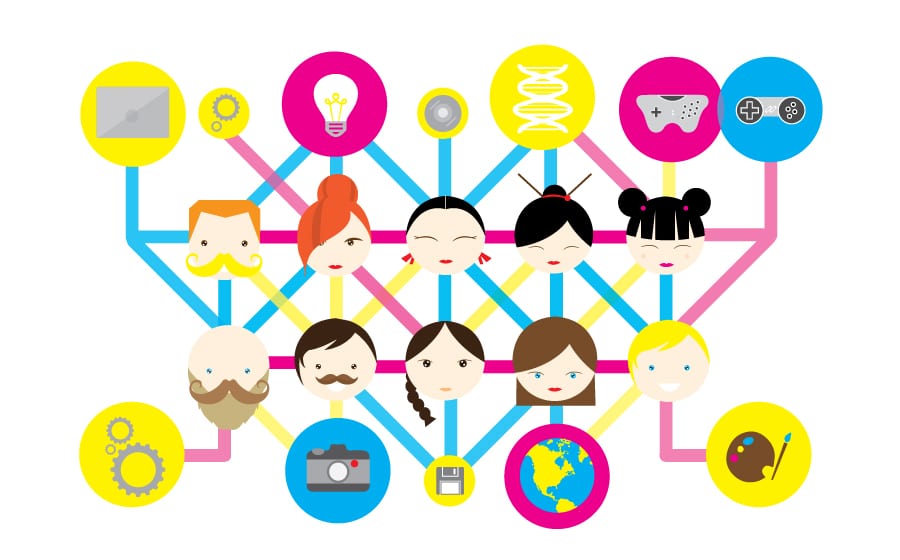In the past, talent management wasn’t always a priority for organizations that fostered a philosophy of quantity over quality during the hiring process. After all, if one employee leaves, there’s always another to take his or her place, right?
As competition for the best and brightest employees has increased, however, organizations are seeing the benefit of putting more effort into attracting, training, and retaining that one perfect candidate. Talent management helps onboard the ideal employee and then stays close by to ensure that employee enjoys a long and satisfying relationship with the company.
Today, talent management starts with the hiring process and continues with leadership succession, office perks, and performance reviews, but we’re more excited about what’s ahead. Check out some of the most exciting developments and trends in talent management so your organization won’t be left behind.
- Talent Mobility. Today’s marketplace is highly mobile and location doesn’t represent much, other than a dot on a map. By creating mobile workspaces, employees will be able to live and work where they want. Conversely, responsibility-hungry millennials are more willing to move for their ideal career, so organizations should worry less about physical location and more about attracting candidates.
- Silo Removal. We’re already seeing organizations that are breaking down the silos which divide departments and prohibit idea-sharing. From organizational social media to regular collaboration between departments, employees have a better chance at reaching their potential when they feel free to share and work with compatible colleagues, no matter the department or location.
- Cultural Connection. To attract the right employee, the connection between organization and culture needs to start in the application process. Many companies preach a lighthearted atmosphere, but post the same boring want ads as everyone else. But realizing that talent management starts the moment a candidate reads a job posting? That’s forward-thinking. Positive workplace culture is at the top of most millennials’ must-have lists, and it’ll have to be more than Food Truck Friday. From their first interview to lunching with executives, talent management hinges on the overall vibe.
- Passive Recruitment. The perfect employee is out there; even if he doesn’t know it yet. A massive shift to passive recruitment is on the horizon, as organizations realize that the right person for the job might not actually be looking for one. Talent management of the future involves keeping in contact with the right people and learning more at a casual coffee meetup than in an interview setting.
- Big Data. We use big data for marketing campaigns and election projections, so why not for talent management? Once onboarded, a hire’s skillset, background, certifications, and even hobbies can be cataloged so that when it comes time to put together a team, managers can choose from those best suited to the task—not just those who are in front of them. Big data can effectively track an employee’s trajectory through the company to identify everything from weaknesses to opportunities so that progress never becomes stagnant.
As more and more organizations realize that they need to do more than just the traditional “Here’s your desk; call me if you need anything” approach to hiring, onboarding, and training, you can expect talent management to become more of a priority. Competition is fierce, and falling behind could mean missing out on the one person who could change everything.





